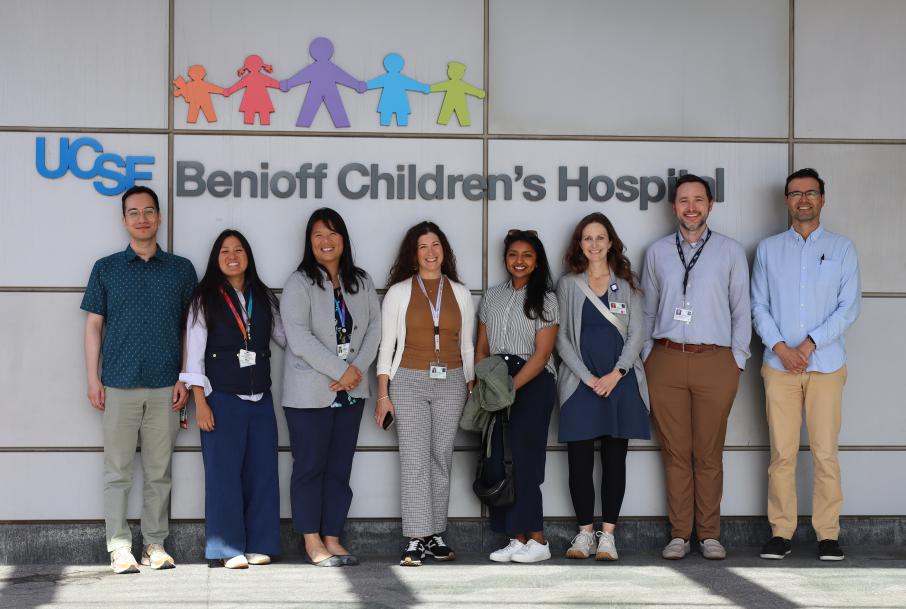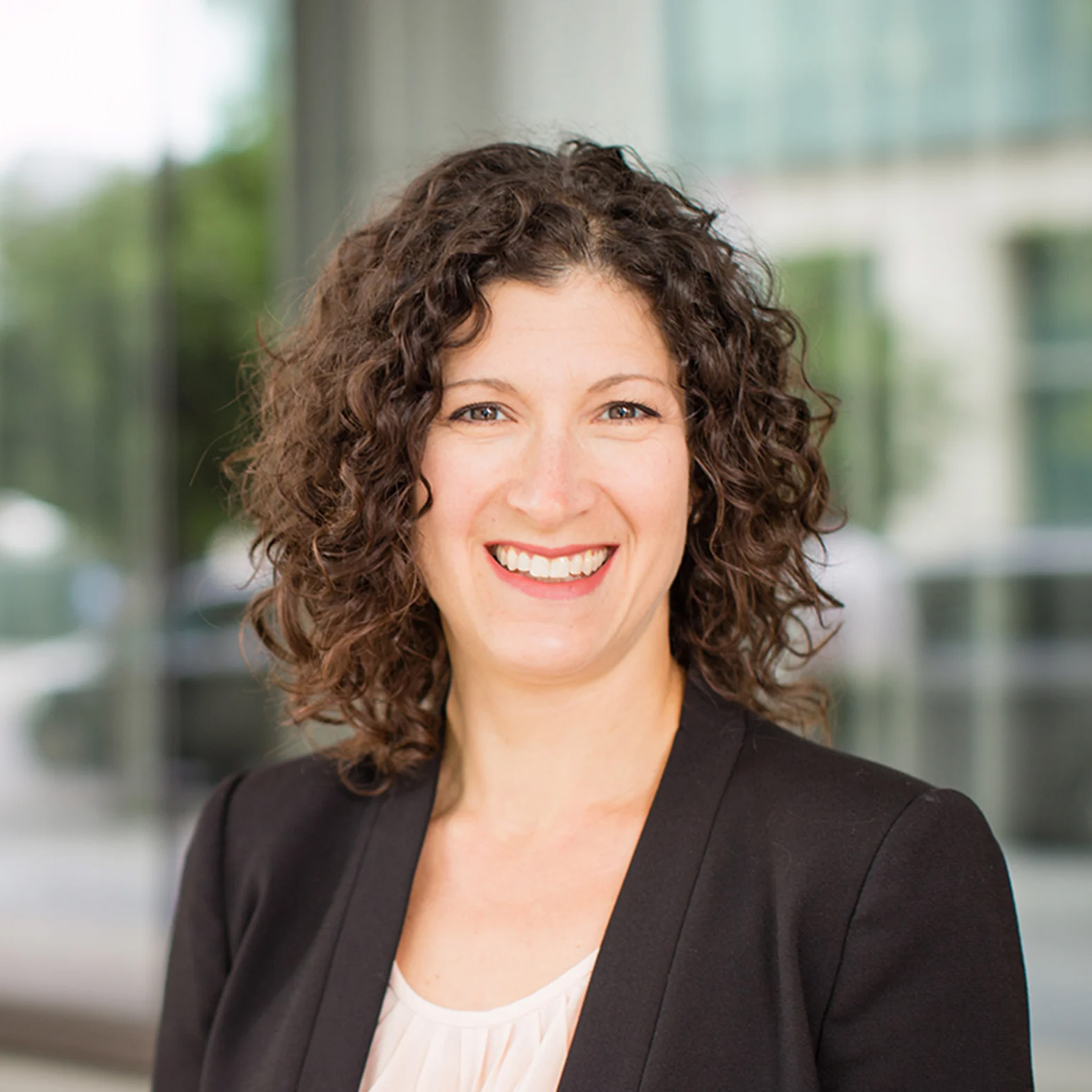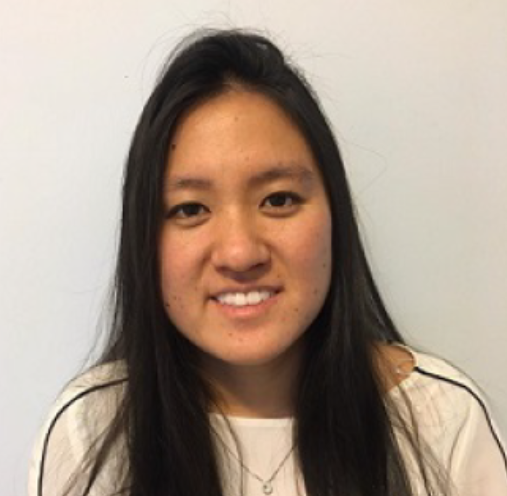Education

The Pediatric Rheumatology Fellowship Program trains competent, compassionate clinicians ready to succeed in an academic environment and prepares them to advance the field of pediatric rheumatology.
Skip to Section:
About the Program
The expertise of our faculty covers the full range of rheumatology research and patient care: basic mechanisms of autoimmunity, translational research, genetics, epidemiology, clinical trials, outcomes research, health services research, and quality improvement.
We are a designated Juvenile Dermatomyositis Center of Excellence, allowing trainees to engage in the highest level of specialized care and research for these patients.
Finally, our diverse patient population provides our trainees with the necessary clinical experience to diagnose and treat the full spectrum of childhood-onset rheumatic diseases. We form therapeutic alliances with families from a wide range of ethnic and socioeconomic backgrounds.
The fellowship is designed to meet the requirements of the ACGME, prepare fellows for the Board Exam in Pediatric Rheumatology, and encourage fellows to follow their passion.
Clinical Training
Fellows care for patients at UCSF Benioff Children’s Hospitals in San Francisco and Oakland, ranked among the top children’s hospitals in the nation. Fellows’ clinical training provides a strong foundation in the pathophysiology, diagnosis, and management of all rheumatic conditions and other disorders likely to present to a pediatric rheumatologist.
Fellows generate a cohort of continuity patients with diverse diagnoses, whom they follow as the primary rheumatologist throughout training in our dedicated Fellows’ Clinic. This experience allows fellows to develop expertise in the long-term management of chronic illness, including treatment complications, psychosocial co-morbidities, and the transition from pediatric to rheumatology adult care.
Regarding procedures, fellows perform over 100 joint injections per year, either in the clinic with local anesthetic or in the surgery center under general anesthesia. Ultrasound equipment and formal training are available for fellows who wish to gain this expertise.
Fellows also acquire the skills necessary to lead a multi-disciplinary team of physicians, nurses, and social workers and to work closely with schools and community agencies. To gain expertise in the diverse disciplines that contribute to the care of pediatric rheumatology patients, fellows spend a four-week block rotating through several subspecialty clinics, including adult rheumatology, pediatric immunology, autoimmune dermatology, uveitis clinic, sports medicine, pediatric pain medicine, and laboratory medicine.
Didactic Education
Our fellowship includes an extensive didactic program. New fellows attend the combined Pediatric Rheumatology Boot Camp with Stanford Pediatric Rheumatology. This introductory lecture series includes major pediatric rheumatic diseases, the use of anti-rheumatic drugs, the use of laboratory testing and imaging, identification and management of rheumatologic emergencies, and joint injection techniques.
Didactic education throughout the year includes:
- Weekly combined pediatric/adult educational conference
- Weekly pediatric rheumatology educational conferences (including monthly radiology rounds with our pediatric radiologists)
- Weekly multi-disciplinary patient care rounds
- Twice-monthly clinical sessions covering chapters of Pediatric Rheumatology by Cassidy & Petty
- Monthly immunology sessions covering chapters in Cellular & Molecular Immunology by Abbas
- Monthly journal club
- Semi-annual combined conference with pediatric nephrology
Multi-disciplinary rounds allow fellows to present their patients to the entire team of physicians, nurses, and social workers, focusing on the clinical approach to the patient, psychosocial care, use of practice guidelines, literature review, and quality improvement opportunities.
Scholarly Training
Fellows develop plans for formal training, mentoring, and a deliverable scholarly work product with the support of the Program Director. This process begins six months into the first year during a protected research month where the fellow meets with potential mentors, develops a project plan, and compiles an “Individual Development Plan” to be approved by the fellow’s Scholarly Oversight Committee. Trainees are encouraged to pursue advanced training in their scholarly field of choice.
For clinical researchers, the Department of Epidemiology and Biostatistics offers intensive clinical research training programs that focus on biostatistics and study design through didactic lectures, small group seminars, and the development and execution of research protocols.
For basic scientists, the Biomedical Sciences Graduate Program provides courses, seminars, and mentoring programs.
For fellows pursuing a career in medical education, UCSF boasts a well-developed Academy of Medical Educators, which provides workshops, mentoring, grant opportunities, and a Teach for UCSF certificate program. A combined UCSF/UC Berkeley Master’s Degree in Medical Education is also available.
Mentoring
UCSF provides a uniquely rich mentorship environment, with many clinical, academic, research, and career mentoring opportunities within and beyond our division. Our pediatric rheumatology fellowship program and faculty are committed to fellows' career development and mentoring.
The fellowship program director meets with all fellows twice per year throughout training to review performance and set educational, scholarly, and individual professional goals. After the first six months of fellowship, fellows identify a primary scholarly mentor and a primary career mentor.
Fellows are also encouraged to identify a non-UCSF mentor through the ACR/CARRA Mentorship Interest Group (AMIGO) to gain perspective on the field outside our institution.
All fellows establish a Scholarship Oversight Committee (SOC) through the Department of Pediatrics. This committee comprises individuals within and outside pediatric rheumatology who will oversee the fellow’s scholarly activity.
All fellows also participate in the UCSF Pediatric Fellows’ College, which provides a unique three-year program tailored specifically to the professional development needs of fellows in the Department of Pediatrics. This program offers career development seminars and mentoring programs, allowing fellows to develop camaraderie across divisions.
Finally, our close-knit pediatric rheumatology division maintains a warm and collegial environment that aims to make our fellows feel supported and valued. Regular social activities include monthly division happy hours, graduation celebrations for our fellows, holiday parties, and more.
Program Leadership

Erica Lawson, MD
Fellowship Program Director
[email protected]

Catherine, Le
Fellowship Manager
[email protected]
Current Fellows

Snehaja Yadlapati
Training Period: 2025-2028
Medical School: Louisiana State University School of Medicine in New Orleans
Residency: LSUHSC New Orleans

Mercy Joyce
Training Period: 2024-2027
Medical School: University of Washington School of Medicine
Residency: Rush University Medical Center

Carolina Tamashiro
Training Period: 2023-2026
Medical School: Faculdade de Medicina do ABC (FMABC), Fundação Universitária do ABC
Residency: The Children`s Hospital at Montefiore
